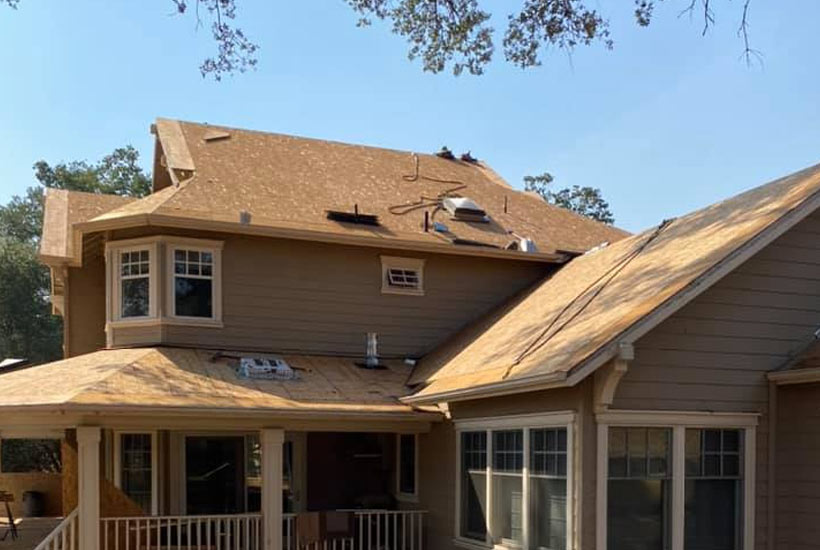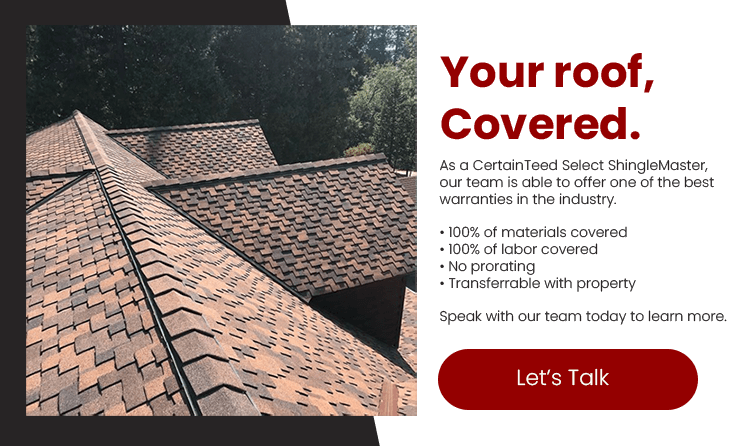You’ve found your dream home, had an accepted offer, and had a home inspection. The inspector found that the home’s roof is in bad condition, perhaps with leaks, missing shingles, or other major problems. It needs a whole new roof, but you know you won’t have the cash on hand to do that once you’ve purchased the home. What do you do?
You don’t need to give up on the home. Many buyers in your position negotiate with the current homeowner in order to negotiate a new roof. However, if you’ve never done one of these deals before, you may not be sure how to start. Here’s how to handle the negotiation process.
Making Your Case
First, you have to get your seller onboard with the idea of either adding the new roof themselves or discounting the home’s price in order to make up for the cost of the new roof. Your real estate agent should be able to guide you through the process of contacting the seller, alerting them to the results of the home inspection, and asking for a new roof.
Most home buyers will prefer it if the seller can add a brand-new roof to the home before the sale is completed. That way, they do not have to worry about getting the roof done themselves and do not have to worry about having the cash to pay the roofer.
However, sellers often want the opposite. They typically do not want to both with a roof replacement and don’t want to spare the cash to do it either. They are usually more willing to drop the price of the home to accommodate the roof replacement. However, they may not realize how much this replacement will cost.
There is a third option that may appeal to both parties. The home’s sale price is not reduced, and the seller does not put a new roof on the home. Instead, they pay the buyer the full amount that a roof replacement would cost but allow the seller to handle the replacement process once the home has been sold. This can help accommodate short closing times and help accommodate homebuyers who won’t have the cash to handle a roof replacement, but it asks much less time and energy of the buyer.
Getting a Quote
It may also be helpful to get a quote on the roofing replacement before you decide on which option will work best for you and the seller. Knowing what a roof replacement will cost is helpful for both parties to understand their options.
As always, it is best to either get a quote from a specific roofer you trust or from three qualified roofers. As there will be two parties to this decision, it is best to get three quotes so that neither party feels that they have been manipulated.
When you get the three quotes, ask the roofers to provide a few for different quality materials because the quality is likely to be a sticking point between you and the seller. That is because you and the buyer have split priorities that may make things difficult. While you want a quality roof that will last for years, the buyer just wants the bare minimum, as it doesn’t affect them if the roof fails.
Typically, you’ll have a better argument for premium materials if the roof already has premium materials, as it is essentially a replacement cost. However, many sellers will insist on installing only 3-tab shingles or basic materials. Usually, roofing types that require a large upfront investment, like metal roofing,are out of the question.
If you want a significantly more expensive material than the seller is willing to pay for, you can compromise by having the seller cover what the less expensive material would cost and then pay the difference yourself. However, in this case, you will typically have to handle the replacement yourself once the home has transferred hands.
Understanding the Warranty
Another thing to consider about your negotiation is the warranty. Some roofing warranties from the manufacturer and the rooferare non-transferable. This means that if the current homeowner buys the roof, you may not be entitled to warranty coverage when you take ownership of the home. In this case, it may be wiser to get the cash from the seller, or reduce the home value, and then handle the roof replacement yourself.
On the other hand, if you can find a roofer and manufacturer that offer transferable warranties on their products and labor, then you don’t have to worry about whether it’s you or the current homeowner who purchases the roof. However, you should ensure that the warranty is in writing.
Make Sure it’s Legal
Your real estate agent should be able to ensure that, whatever the solution, it’s written and legally binding. The last thing you want is to buy the home and then have your seller refuse to provide you with the cash for the roof.
How to Handle Difficult Homeowners
Some homeowners are very reluctant to get a roof replacement or cover the cost of one. However, it can be easier to convince them if you talk about the roof like other major systems of the home: plumbing, electrical, and sewage. The roof is not just an aesthetic item, but something the home absolutely needs in order to be functional.
It can also help to have your real estate agent suggest what the home is likely to be sold at now that the roof issue is known about. Few sellers will want to recognize how big of an impact a poor roof can have on the value of their home. Fewer still will want to restart the selling process with new buyers, knowing that they will have to confront the roof issues eventually.
Plus, for your part, understand that the current homeowner could have replaced the roof with 3-tab or other basic roofing materials before they put the house up. You can’t expect them to cover the full cost of premium materials unless that is standard for your neighborhood.


